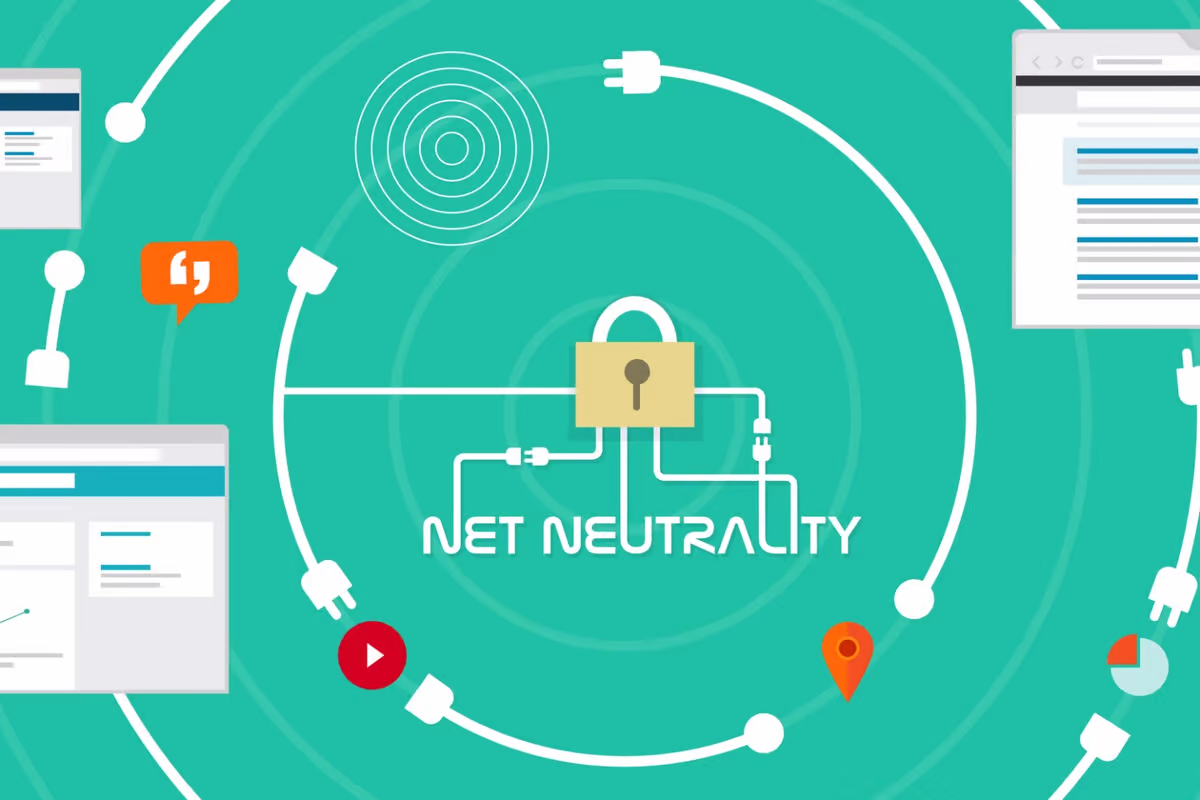The Future of Internet Regulations and Net Neutrality

Yet in a move that could threaten Internet access and online privacy, the Federal Communications Commission recently proposed to reinstate heavy-handed regulation whose lurking presence would classify broadband services as a telecoms service akin to the wired phone line; as such, content couldn’t be blocked or prioritised.
ISPs will also be barred from offering so-called ‘priority lanes’ that would allow them to favour some online activities over others.
What is Net Neutrality?
The lofty-sounding technical term is net neutrality, which, stripped of the nonsense jargon, simply means that all data packets on the internet should move at the same speed over the networks, and cannot be slowed down or accelerated to make money for websites, apps or services.
Furthermore, this law additionally prohibits network operators from discriminating between content – which ISPs want to do as paid prioritisation – leading to a two-tier internet where companies pay to jump into the fast lane while the rest of the websites and apps crawl.
Net neutrality rules have been upheld by a federal appeals court and restored by the FCC after they were repealed in 2017. And states are passing laws – Washington, Oregon, California and Montana to date – that prohibit state agencies from dealing with ISPs that don’t follow a net neutrality policy to leave consumers alone with an open and free internet.
Why is Net Neutrality Important?
Whether it’s news and information, communicating with their families and friends, using health services, participating in distance learning or any other activity, consumers need access to the internet. Without FCC net neutrality protections, these internet service providers would be able to discriminate against content. If they don’t like how their competitor providers’ content is performing, they could throttle it until it traipses its way back through sluggish pipes.
Americans by the millions have implored the FCC to keep the net open, and state attorneys general, tech companies, consumer advocacy groups and others have filed suit against the agency’s most recent effort to roll back net neutrality rules.
Advocates of net neutrality worry that cable and other broadband providers could carve out ‘fast’ lanes and relegate information to ‘slow’ lanes based on their owners’ discriminatory wishes to high and low priority in order to extract premium service payments from those whose access packages demand premium service levels. For instance, following his investigation of the cable industry’s case as a Title II common carrier with significant public interest duties, the Columbia University law professor Tim Wu has demonstrated that, with or without net neutrality regulation, broadband providers might be inclined to discriminate against certain users by relegating them to slow lanes while accelerating favoured throughput for other packages.
What is the FCC’s Role in Net Neutrality?
It’s the Federal Communications Commission (FCC), which regulates internet policy and implements rules that level the competitive playing field on the web by preventing ISPs – internet service providers – from blocking or slowing traffic. They also stop big businesses from dominating small ones and maintain a free internet marketplace uninfluenced by the powerful interests that control communications.
Then, in 2024, the FCC again reclassified broadband as Title II telecommunications and resurrected rules enforcing net neutrality that had been rescinded in 2015. They provided enforceable legal authority.
The ruling will be challenged in court by telecoms, and could well be overturned by future administrations. However, it is implemented it will give much-needed protection for users. ISPs will now be required to disclose when it speeds up some traffic or slows down others, and they will not be able to disfavour certain companies or services without explicitly saying so. Should it be taken to court its legality will be reviewed all the way up to the US Supreme Court.
What is the Future of Net Neutrality?
EDUCAUSE supports net neutrality rules that mandate that Internet service providers must treat all network content fairly, including prohibiting blocking and throttling, providing equal access across all networks and not allowing private protocols that discriminate against one network over another.
Without the net neutrality rules, AT T and Comcast could throttle competing content, charge extra fees for prioritised traffic – all of which would further harm consumers, stifle innovation, and make critical health, educational, and community data resources unavailable to poor people.
However, those protections were undone by the Trump administration in 2017, and the FCC, once again, no longer had enforceable net neutrality rules. Today, activists are petitioning the FCC to re-enact the rules by reclassifying broadband providers as common carriers. Contact your representative and urge them to support an open, free internet: it’s too valuable an asset to give over to corporate control for profits!








